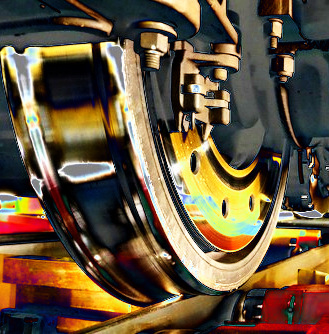Late train deal released
 Sydney train strikes continue despite the NSW Government’s attempts to appease the rail union.
Sydney train strikes continue despite the NSW Government’s attempts to appease the rail union.
On Wednesday, NSW Employee Relations Minister Damien Tudehope called on the Rail, Tram and Bus Union (RTBU) to scrap its ongoing industrial action, saying an agreement was close to being reached.
The government and union have been in dispute over a fleet of new Korean-built intercity trains, which allow drivers to monitor platforms via CCTV without extra guards stationed on board.
The union says having driver-only trains makes them unsafe, and is calling for modifications to allow guards to be posted onboard. Some say the union is upset that the new trains require less staff, and so will diminish its workforce.
The union says there is a risk that a driver would not be able to see if someone had fallen through the gap between platform and train, which a guard could spot.
Mr Tudehope says the latest deed presented to the RTBU on Wednesday afternoon was negotiated to please the union.
“We call on the union today to execute that document and to call off the industrial activity, which has inconvenienced the people and commuters of this state,” he said.
However, the deed has not yet been signed by either party, and the RTBU says it came too late to avert planned strikes on Thursday. The union claimed it only received the deed ten minutes before Mr Tudehope stepped out for his media appearance.
“This is something which the government has entered into in good faith,” the minister said.
The union’s NSW secretary Alex Claassens said the government knew its offer came too late.
“Now that a deed has finally been received, we will go through our usual democratic processes and discuss the situation with our elected delegates,” he said.
“The government knows that it has given us this new deed far too late for any actions planned for tomorrow.
“All the actions planned for Thursday have been designed to have minimal impact on commuter services.”
The industrial action is set to target Sydney's City Circle, which is critical to most other lines on the train network.








 Print
Print